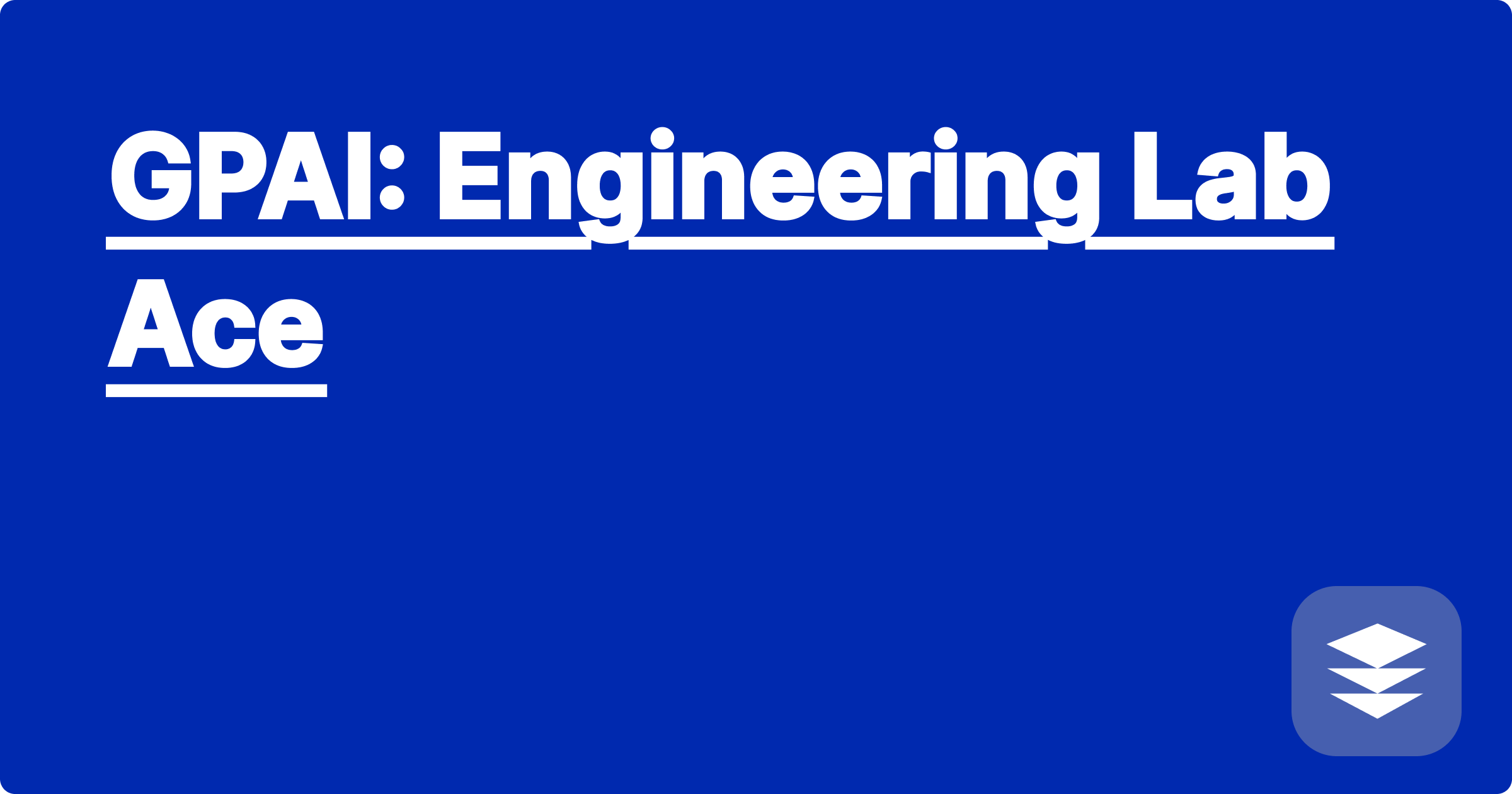
The sheer volume of data generated in modern STEM labs presents a significant challenge for students and researchers. Analyzing this data efficiently and extracting meaningful insights can be a daunting task, often requiring specialized programming skills and extensive time commitments. Artificial intelligence offers a promising solution, providing powerful tools that can automate data analysis, accelerate research, and ultimately lead to groundbreaking discoveries. AI can handle complex datasets, identify patterns, and generate predictive models, freeing up researchers to focus on higher-level thinking and experimental design.
This shift towards AI-powered data analysis is crucial for STEM students and researchers. Mastering these tools provides a significant competitive advantage, enabling faster progress, more insightful analysis, and the ability to tackle more complex research questions. It's no longer enough to be proficient in traditional lab techniques; the future of STEM lies in harnessing the power of AI to unlock the full potential of experimental data.
Engineering labs, in particular, generate vast quantities of data from various sources. Sensor readings, experimental measurements, simulations, and imaging techniques all contribute to this data deluge. The challenge lies not just in the volume of data, but also in its complexity and heterogeneity. Different data formats, varying levels of noise, and the need to integrate data from multiple sources create significant hurdles for traditional data analysis methods. Manual data processing becomes incredibly time-consuming and prone to errors, limiting the scope and speed of research. Furthermore, extracting meaningful insights from complex datasets often requires advanced statistical knowledge and programming skills, which can be a barrier for some researchers.
AI tools like ChatGPT, Claude, and Wolfram Alpha offer a powerful alternative to traditional data analysis methods. These tools can automate many of the tedious and time-consuming tasks associated with data processing, such as data cleaning, formatting, and statistical analysis. ChatGPT and Claude, for instance, can be used to generate code in languages like Python or R, facilitating complex data manipulations and visualizations. They can also help researchers understand statistical concepts and choose the right analytical approach for their data. Wolfram Alpha excels at symbolic computations, equation solving, and data visualization, providing a powerful platform for exploring mathematical relationships within datasets. By leveraging these AI tools, researchers can significantly reduce the time spent on data processing and focus on interpreting the results and drawing meaningful conclusions.
Let's consider a scenario where a researcher needs to analyze data from a tensile test experiment. First, the researcher can use ChatGPT or Claude to generate a Python script to import the data from a CSV file. The script can then be extended to clean the data, handling missing values and outliers. Next, the AI tool can be prompted to generate code for calculating key statistical parameters, such as the mean, standard deviation, and confidence intervals. Visualizing the data is crucial for understanding trends and patterns. Here, the researcher can use ChatGPT or Claude to generate code for creating plots, such as stress-strain curves, using libraries like Matplotlib. Finally, the researcher can use Wolfram Alpha to perform regression analysis, fitting a model to the data and predicting material properties. This entire process can be streamlined and automated using AI, significantly accelerating the analysis.
Consider the formula for calculating stress: stress = force / area. If a researcher has a dataset of force measurements and corresponding cross-sectional areas, they can use ChatGPT or Claude to generate a Python script that applies this formula to each data point, calculating the stress for each measurement. Another example is analyzing the results of a chemical reaction. If the researcher has data on the concentration of reactants and products over time, they can use Wolfram Alpha to fit a kinetic model to the data, determining the reaction rate and order. Furthermore, these tools can be used for more complex tasks, such as image analysis. For instance, a researcher studying cell growth can use AI-powered image processing tools to automatically count cells in microscopic images, saving hours of manual labor.
Effectively integrating AI into STEM education and research requires a strategic approach. First, familiarize yourself with the available AI tools and understand their strengths and limitations. Experiment with different tools to find the ones that best suit your specific needs. Second, develop strong prompting skills. Learning how to clearly and effectively communicate your needs to the AI is crucial for getting accurate and useful results. Third, don't treat AI as a black box. It's essential to understand the underlying principles of the algorithms and interpret the results critically. Finally, remember that AI is a tool to augment, not replace, human expertise. The insights generated by AI should be validated and interpreted within the context of existing knowledge and experimental design.
In conclusion, embracing AI in STEM is no longer optional; it's a necessity. These powerful tools offer unprecedented opportunities to accelerate research, analyze complex data, and make groundbreaking discoveries. By learning to effectively utilize AI tools like ChatGPT, Claude, and Wolfram Alpha, STEM students and researchers can gain a significant competitive edge and contribute to the advancement of their fields. Start exploring these tools today and unlock the full potential of your research.